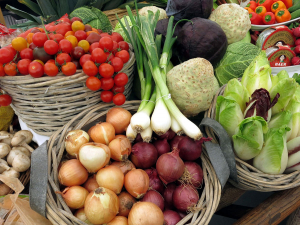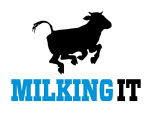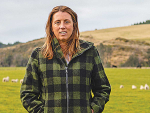Monthly food prices rose 2.7% in January 2022, the highest monthly rise since January 2017, says Statistics NZ.
After removing regular seasonal impacts, food prices rose 1.1%. Fruit prices were up 2.7% and vegetable prices were up 5.9%.
“Food prices often increase in January,” says consumer prices manager Katrina Dewbery.
“However, prices increased by more than usual this January,” she says.
In January 2021, monthly food prices rose 1.3%, and in January 2020 they rose 2.1%, both before removing the impact for seasonality.
In January 2022, higher fruit and vegetable prices were the main contributor to the monthly rise, up 9.9%.
There were higher prices for broccoli, lettuce, apples, strawberries, and kiwifruit. These were partially offset by lower prices for beans, grapes, and courgettes.
Annual food prices also rose, up 5.9% on their January 2021 average.
This marks the biggest annual increase since August 2011.
The main contributor to this increase was higher prices for tomatoes.
“The average price of 1kg of tomatoes was $7.29 in January 2022,” Dewbery says.
“This compares with $2.94 in January 2021 and $3.35 in January 2020.”
Fruit and vegetable prices were 15% higher in January 2022 than they were in January 2021.
As well as higher prices for tomatoes, there were higher prices for broccoli and lettuce, which were partly offset by cheaper prices for kumara, kiwifruit, and avocado.











